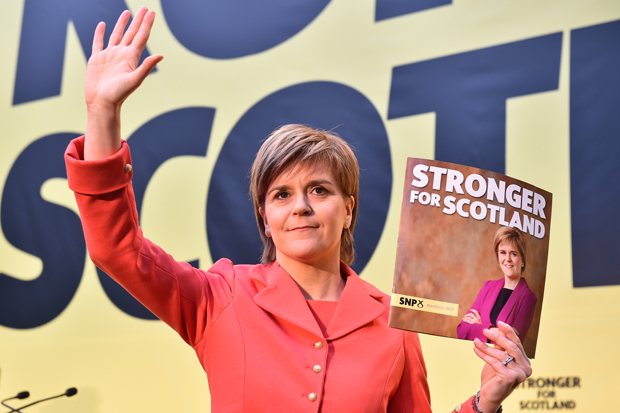You get bad losers in politics and bad winners, too, but it’s surely a rare business to get a bad winner who didn’t actually win. Yet this, since they lost last September’s referendum, has been the role of the SNP. Dismay, reassessment, introspection, contrition, resignation; all of these have been wholly absent.
Already a subscriber? Log in
Subscribe for just $2 a week
Try a month of The Spectator Australia absolutely free and without commitment. Not only that but – if you choose to continue – you’ll pay just $2 a week for your first year.
- Unlimited access to spectator.com.au and app
- The weekly edition on the Spectator Australia app
- Spectator podcasts and newsletters
- Full access to spectator.co.uk
Or
Unlock this article
Hugo Rifkind is a writer for the Times.















Comments
Don't miss out
Join the conversation with other Spectator Australia readers. Subscribe to leave a comment.
SUBSCRIBEAlready a subscriber? Log in